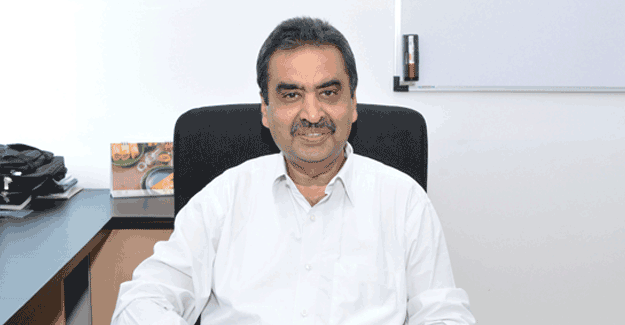
Union Budget 2021 Focuses On Improving Export Competitiveness Of Textile Industry
Overall, sentiments are positive towards Union Budget 2021 being growth-oriented. The textile industry was looking for some immediate and major action towards inverted GST structure, removal of ADD on viscose fibre, etc, but these were missing. Even so, Union Budget 2021 is an attempt to empower the Indian textile industry to become globally competitive, attract large investments, and boost employment generation. The taxation changes proposed in the budget will help and benefit MSMEs. Measures taken to simplify GST are praiseworthy with the hope that the government will take corrective measures to smoothen the GST further by removing anomalies such as the inverted duty structure. The focus is on Atamnirbhar Bharat to promote local business. But the imposition of BCD on cotton is a matter of deep concern for cotton textile producers. MITRA Scheme will strengthen our export position The establishment of seven Mega Integrated Textile Region & Apparel Parks (MITRA) aims to create a world-class infrastructure with plug and play facilities to enable the creation of global champions in exports. These parks will be set up over 1,000 acres of land with world-class infrastructure over three years. It will enable the creation of global champions in textile export. It will help to improve and strengthen our export position for which we are struggling against small nations like Bangladesh, Vietnam, etc. With the concept of these mega parks with a plug and play model, the Indian textile and apparel sector - particularly SMEs can work on scale and build competitiveness in manufacturing. It will help in manufacturing excellence. Further, these parks can be aligned with sustainability goals to attract international buyers as well as investors. Need is to select the locations appropriately considering all factors. 10% duty on cotton may not benefit farmers The intention to put the custom duty on cotton from nil to 10% may be to improve the condition of the farmers. Cotton and cotton waste shall now onwards attract a basic customs duty of 5% and 10% respectively. Also, cotton shall have the additional burden of Agriculture Infrastructure and Development Cess at the rate of 5% which would increase the levy up to 10%. This proposal is not welcomed by the cotton industry. The industry is apprehensive that these duties will contribute to the shoot-up of domestic cotton prices. This in turn will weaken the competitiveness and sustainability of cotton textiles and exports, which are at present the strength of the Indian textile and apparel industry. We can say there is a mixed reaction. The majority views are that the levy of 10% duty will not benefit the cotton farmers as the normal import of 12 to 14 lakh bales per year accounts for only around 3% of Indian cotton production and consumption and that also for such cotton which is not produced in India. No doubt, the import of cotton by Indian spinners is expected to decline by this measure. MMF textile exports will get a boost Nylon chain is brought on par with polyester and other man-made fibres. Basic customs duty (BCD) rates on caprolactam, nylon chips and nylon fibre and yarn have uniformly reduced to 5% from the earlier 7.5%. The existing status is that India is a net importer of these products as domestic capacity is less than demand. It is a welcome step. It will make the MMF industry more competitive. We all know that India is not very strong in MMF textile exports. A reduction in the duty will help improve competitiveness and exports. Higher budgetary allocation to Textiles Ministry, ATUFS We welcome this increase in budget allocation for textiles and specifically enhancing allocation for Amended TUFS. It will definitely help to clear the outstanding subsidy, which is much needed in this crisis. Budget allocation to the Textile Ministry has been increased to Rs 3631.64 crore for the year 2021-22 as against last year’s revised allocation of Rs 3300 crore. For Amended TUFS, the increase is from Rs 545 crore to Rs 700 crore. Water and wastewater management need urgent attention The Finance Minister touched upon clean air and renewable energy, in her budget speech. But nothing was mentioned about water conservation and wastewater management. Textile is a water-intensive industry and also one of the grossly polluting industries, which by some estimates could be discharging more than 100 kilo litres of wastewater a day. It needs further and urgent attention.

Textile Excellence
If you wish to Subscribe to Textile Excellence Print Edition, kindly fill in the below form and we shall get back to you with details.












